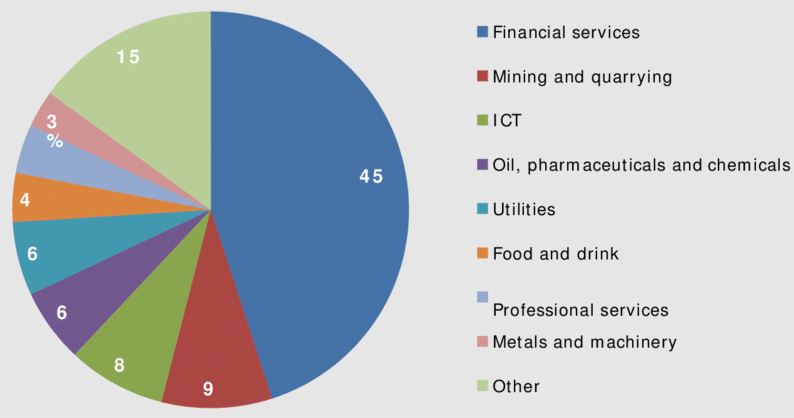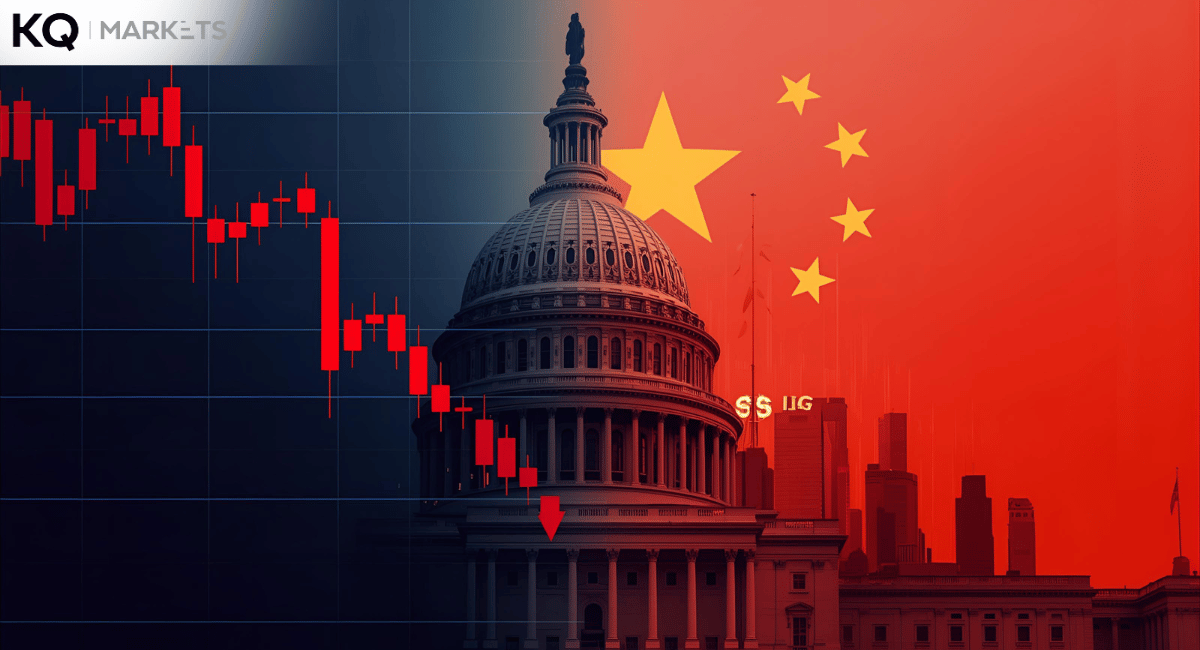UK foreign investment finance fell from $3 billion to $1.5 billion in 2023, marking a 50% decline from 2022. In general, the decline showcases challenges facing British international investment. The UK faces tough competition from other financial hubs such as European Union centers (Amsterdam & Paris) and New York.
UK Foreign Investment in Finance 2023 Report
Over 7,000 UK jobs have relocated to post-Brexit hubs. Overall, Brexit and COVID-19 impacts resulted in high competition in the capital markets. The US contributed the largest cash inflows, over 40%, and created over 7,000 jobs. Thus, the report calls for strategic tricks to improve UK foreign investment in finance.
Why UK Foreign Investment Finance Fell in 2023
The 50% decline in UK foreign investment in finance resulted from UK uncertainties, intense competition, and the Brexit fallout. Meanwhile, British international investment faced competition from other financial hubs and a surging economic backdrop. Here is how these factors impacted foreign direct investments.
- Brexit Fall Out
The EU exit resulted in market disruptions and regulatory changes, prompting financial institutions like asset managers, insurers, and banks to shift to new EU cities. Hence, British international investment declined due to the relocation of about 7,000 jobs.
- Intense Competition
Global financial hubs like Amsterdam, Paris, and New York showcased aggressive competition in investment banking and the capital markets. This stiff competition challenged the UK foreign investment in finance as a leading hub in 2023. Simply put, the intense competition reflects the reshaping global financial landscape.
- Global Uncertainties
Geopolitical tensions and lingering COVID-19 impacts added complexity to a struggling economic backdrop. Therefore, they dampened investor sentiments and hiked market volatility, with investors restraining from trading to avoid unforeseen losses.

The ongoing Russia-Ukraine invasion, the War between Israel and Hamas, and China-Taiwan tensions have resulted in trade disruptions. In any case, the impacts of these tensions have spread across diverse sectors, including shipping and chip making.
UK Foreign Investment Finance Decline 2023 Impacts
How does the decline in British international investment impact the economy and capital markets? Overall, the $1.5 billion decline in UK foreign investment in finance in 2023 has necessitated new policy and economic reassessment. Here is the overview.
- Policy Implications
The decline in British international investment in 2023 requires policymakers to address intensifying global competition and Brexit challenges to restore investors’ confidence. The UK requires strategic measures like promoting UK fiscal strength, fostering investor incentives, and creating conducive regulations.
- Economic Impacts
The 50% UK foreign investment finance decline translates to potential government revenue loss, reduced job creation, and slower economic growth. In addition, market instability has hampered the functioning of the financial market and investor confidence. The government seeks to support jobs and stimulate investment.
- Market Volatility
Lower British international investment in 2023 might result in susceptibility to external factors, higher trading risks, and decreased liquidity options. In other words, it can hinder the sector’s contribution to the economy, disrupt market functioning, and undermine investors' sentiments, calling for financial markets’ transparency.
Conclusion
Overall, investment management firms generated $285 million, contributing a third of all investments. Chris Hayward, City of London policy chairman, explained that the UK required a more strategic plan to boost inward investments. Above all, re-establishing a strong financial hub would help increase UK foreign investment finance.





